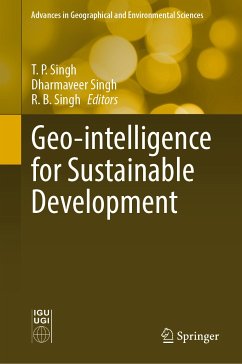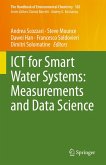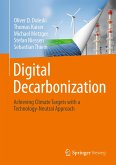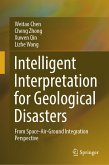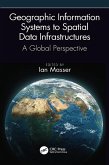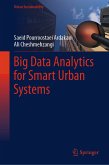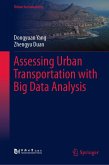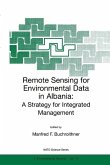Globally, concerns for the environment and human well-being have increased as results of threats imposed by climate change and disasters, environmental degradation, pollution of natural resources, water scarcity and proliferation of slums. Finding appropriate solutions to these threats and challenges is not simple, as these are generally complex and require state-of-the-art technology to collect, measure, handle and analyse large volumes of varying data sets. However, the recent advances in sensor technology, coupled with the rapid development of computational power, have greatly enhanced our abilities to capture, store and analyse the surrounding physical environment. This book explores diverse dimensions of geo-intelligence (GI) technology in developing a computing framework for location-based, data-integrating earth observation and predictive modelling to address these issues at all levels and scales. The book provides insight into the applications of GI technology in several fieldsof spatial and social sciences and attempts to bridge the gap between them.
Dieser Download kann aus rechtlichen Gründen nur mit Rechnungsadresse in A, B, BG, CY, CZ, D, DK, EW, E, FIN, F, GR, HR, H, IRL, I, LT, L, LR, M, NL, PL, P, R, S, SLO, SK ausgeliefert werden.

